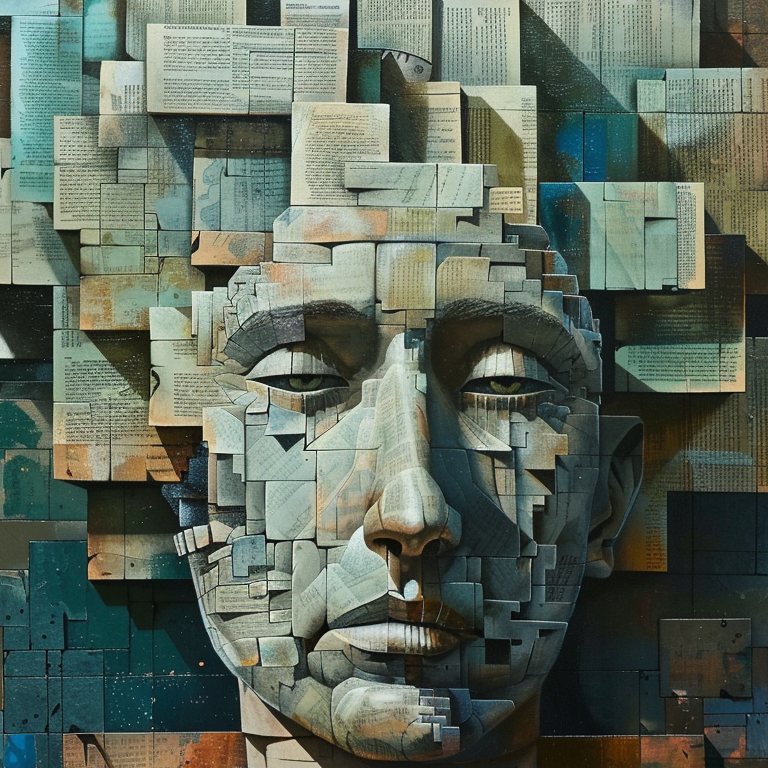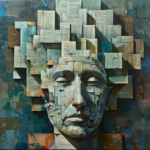
In an age increasingly defined by artificial intelligence (AI), a provocative debate is simmering: Is the pursuit of deep, traditional knowledge still relevant? This question, often raised in the context of language learning and other disciplines, challenges the very foundations of our educational systems.
Some argue that with the rapidly expanding capabilities of AI, the need for a deep grounding in languages or other knowledge-intensive subjects may be diminishing. They point to AI’s ability to translate languages with increasing accuracy, answer complex questions and even simulate understanding of historical contexts. In this view, AI appears as a liberator, freeing us from the rigorous demands of traditional learning.
But this perspective overlooks a fundamental truth: the irreplaceable depth and nuance that comes with true knowledge. While AI tools can translate languages, they lack the cultural nuances, idiomatic expressions and emotional depth that come from a deep understanding of a language. Knowledge in this context is not just about vocabulary and grammar; it’s about understanding the soul of a language, its cultural underpinnings and its role in human expression and identity. Similarly, in other disciplines, AI can provide information but cannot replicate the human capacity for critical thinking, contextual understanding and creative synthesis.
At the heart of this discussion is a crucial distinction: knowledge versus information. Information, in the context of AI and education, is like the water flowing through a great river – abundant, constantly moving and superficial. AI excels at navigating this river, sifting through data and presenting it in understandable formats. Knowledge, on the other hand, is the deeper current beneath, comprising understanding, context and critical thinking – elements that AI cannot yet authentically generate. This distinction is critical in an educational paradigm that increasingly relies on AI.
The true synergy between AI and education emerges when we consider knowledge not just as a foundation, but as a catalyst for co-creation. In the classrooms of tomorrow, AI could serve as a dynamic tool in the hands of knowledgeable educators and students. It holds the promise of personalised learning, where AI’s data processing capabilities are guided by the teacher’s expertise and the student’s curiosity. However, this co-creation requires a solid understanding of the subject matter. Teachers and students need to be skilled not only in their disciplines, but also in recognising the capabilities and limitations of AI. In this way, knowledge becomes the guiding light, ensuring that AI is a complement rather than a replacement in the learning process.
In language learning, for example, AI can be a powerful tool for practice and exposure, but it is the human teacher who provides the cultural context, encourages creative use of language and fosters an appreciation of linguistic diversity. Knowledge is thus transformed from a static repository of facts into a dynamic framework for engaging with and humanising the output of AI. In science and mathematics education, the integration of AI presents similar challenges and opportunities. While AI can compute and analyse data on an unprecedented scale, it is the knowledgeable educator who can inspire curiosity, guide inquiry-based learning, and contextualise AI’s findings within the larger scientific discourse. Knowledge acts as a lens, bringing clarity and perspective to AI-generated data and ensuring that learning remains a deeply human endeavour.
More than just a facilitator, knowledge enables educators and learners to critically engage with AI outputs. As AI systems make their way into educational tools – from automated essay graders to personalised learning algorithms – the ability to critically evaluate these outputs becomes essential. Knowledge provides the lens through which AI suggestions can be assessed for accuracy, bias and relevance. In a landscape where AI suggestions are often mistaken for infallible truths, a well-informed, critical approach is the safeguard against potential misinformation and algorithmic bias. The informed scepticism that comes with deep knowledge is essential to prevent over-reliance on AI and to ensure that its application in education enhances rather than undermines learning.
However, the effective integration of knowledge and AI in education is not without its challenges. Foremost among these is ensuring that current and future generations of educators are equipped not only with subject matter expertise, but also with a fundamental understanding of AI and its implications. This dual expertise is essential to harness the potential of AI while mitigating its risks. In addition, education systems must evolve to prioritise deep, contextual learning over rote memorisation or superficial understanding, in line with the cognitive skills that AI cannot replicate.
In conclusion, as we stand at the crossroads of an AI-driven education revolution, the role of knowledge has never been more important. It’s not just about co-existing with AI in the classroom, it’s about harnessing it through the lens of deep, contextual understanding. Knowledge remains the irreplaceable cornerstone of education, guiding us to harness the power of AI responsibly and effectively.
